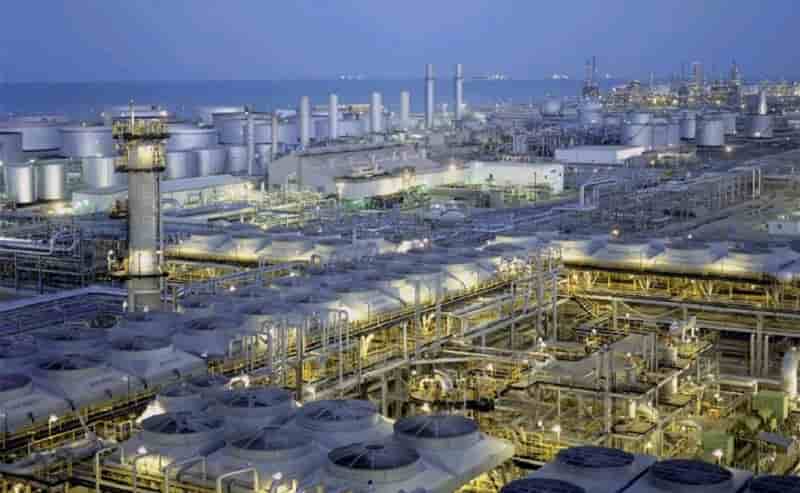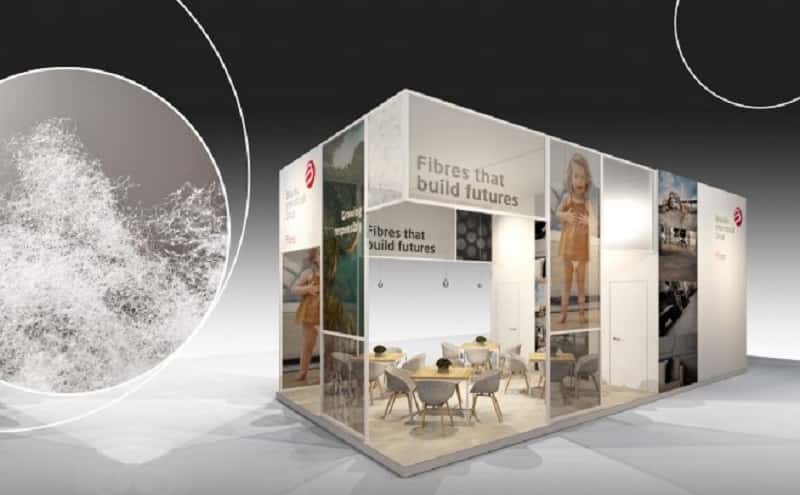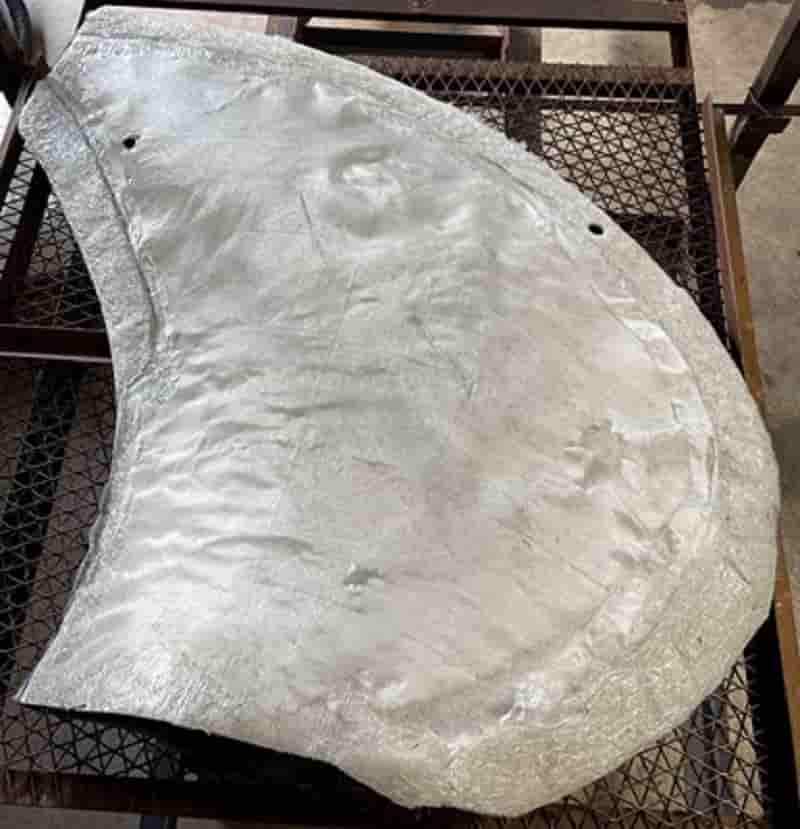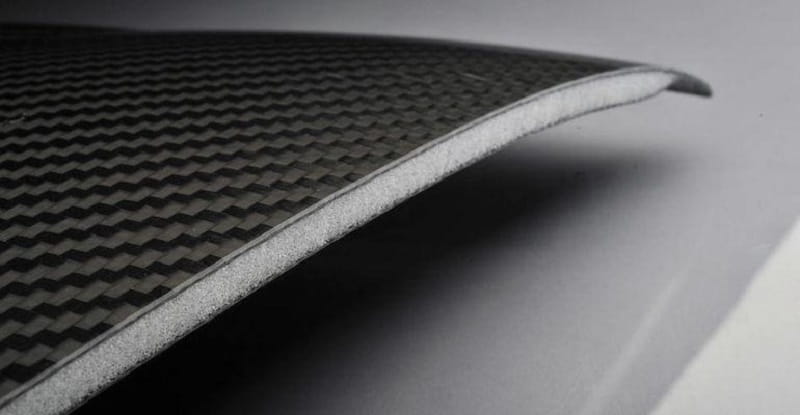Sustainable-polyolefins – Composites-recycling 08-04-2022 - Arhive
Sustainable-polyolefins – Composites-recycling
The Space Economy is launched in Bergamo.
Mars Planet analogue astronauts to take part in the SMOPS Mars mission simulation wearing suits made of RadiciGroup yarn
A group of companies in the Italian textile industry, headed by RadiciGroup, has created the first spacesuit for analogue simulation fully designed and engineered in Italy for the Space Medicine Operations (SMOPS) Mars mission. This endeavour was promoted and organized by Mars Planet – the Italian chapter of the Mars Society headquartered in the province of Bergamo – under the patronage of the Italian Space Agency. Sustainable-polyolefins – Composites-recycling
The SMOPS analogue mission is mainly focused on space medicine: health monitoring of future astronauts and development of support technologies for the simulation of life in space and planet environments.
RadiciGroup teamed up with major Italian textile companies, such as Eurojersey, Vagotex and DEFRA, to realize the spacesuit project. The Group supplied the materials to make the suits for the six analogue astronauts participating in the mission and coordinated the development of the technologies needed to realize technicalwear for extreme environmental conditions. From 10 to 23 April, the spacesuits will be used in a series of experiments carried out at the Mars Desert Research Station in the state of Utah, USA, that will simulate the life and work conditions mission crews will face on the Martian surface.
“By participating in the SMOPS mission, RadiciGroup and the other textile companies involved in the project have had the opportunity to approach the frontier sector of aerospace, thus expanding and strengthening their know-how by experimenting with innovative solutions that may, in the future, be applied in business sectors, such as biomedical or others that require high safety standards,” commented Filippo Servalli of Radici InNova, the RadiciGroup Research & Innovation company. “Working on this mission, we were able to capitalize on the skills related to the development of personal protective equipment (PPE) acquired during the pandemic and then applied to the industrial sector, taking them to a higher level.”

-Mitsui Chemicals to close TPA plant in Japan
Mitsui Chemicals intends to close its only purified terephthalic acid (PTA) plant in Japan in August 2023 due to poor economic performance, the company said in a statement. Sustainable-polyolefins – Composites-recycling
The TPA plant with a capacity of 400 thousand tons per year is located on the territory of the Iwakuni-Ohtake Works plant in Yamaguchi Prefecture.
“The sharp increase in TPA production capacity – primarily in China – since the mid-2000s has caused a deterioration in market conditions, which was accompanied by a drop in domestic demand in Japan,” the company said in a statement.
“Despite the reduction in TPA production capacity, Mitsui Chemicals has determined that it will not be possible to generate sufficient profits to sustain TPA production in Japan.”
Although Mitsui Chemicals will no longer produce TPA in Japan, it will maintain its existing sales structure for the domestic market by selling TPA imported from a joint venture in Thailand in which Mitsui Chemicals owns a 26% stake. PTT Global Chemical Group owns the remaining 74% stake.
TPA is one of the main raw materials for the production of polyethylene terephthalate (PET). Sustainable-polyolefins – Composites-recycling

Beaulieu Fibres International (BIG), based in Wielsbeke, Belgium, highlighted a number of polyolefin and bicomponent developments aimed at advancing sustainable design at the recent IDEA nonwovens show in Miami.
From June 2022, the company will offer ISCC+ certification on polypropylene (PP) and bicomponent PP/polyethylene (PE) fibres. The fibres will be supplied in the range of 1.3-8.9 dtex and will be available in all the main available finish classes – hydrophilic, hydrophobic, etc. – suitable for the main carding and consolidation technologies. Sustainable-polyolefins – Composites-recycling
The drop-in solutions – with no loss in quality – will support customers looking to reduce reliance on virgin fossil carbon in their nonwoven and engineered fibre applications.
For hygiene nonwovens, Meralux fibres provide significant sustainable design advantages by enabling around 55% savings in raw materials, with equivalent carbon emission savings. The emission savings are thanks to weight reduction in nonwovens with the same coverage level and also the higher recyclability of PP/PE compared to bicomponent materials.
For customers in industrial segments like geotextiles, high-tenacity HT8 staple fibres enable customers to achieve nonwovens for construction projects with high mechanical performance but with 15% less weight. The durability of the fibres means that less raw material can be used for a longer service lifetime, supporting more sustainable design in addition to resource reduction.
UltraBond bonding staple fibres replace the need for chemical binders, opening up a path to create 100% PP needlepunched fabrics which meet the same performance requirements as traditional constructions, while reducing the end-of-life environmental impact. Sustainable-polyolefins – Composites-recycling
The needlepunched fabrics are fully recyclable and allow an improved total cost of ownership and a significant ecological footprint reduction.

-Precision pyrolysis: Controlled, heat-based composites recycling for higher material properties
Japan-based Fuji Design’s recycling technology involves controlled, cyclical heating and cooling for higher-performance fiber reclamation. New partnership with Teijin Ltd. aims to scale up and commercialize the technology.
In the realm of composites recycling, pyrolysis is a method used to reclaim the original fibers from end-of-life (EOL) parts or scrap by separating resins, sizing, additives and any other substances via a high-temperature furnace. The advantage of pyrolysis is that furnaces can be built at large scale, meaning large amounts of waste can be processed. Sustainable-polyolefins – Composites-recycling
However, the resulting reclaimed fibers generally are reduced in size and mechanical properties compared to virgin fibers. Such fibers are typically chopped and best suited for applications like spray-up or as a reinforcement in thermoplastic resins used in injection molding or extrusion.
Fuji Design (Ono City, Japan) recently announced a partnership with carbon fiber producer Teijin Ltd. (Tokyo, Japan) to scale up its precision pyrolysis technology, which uses controlled heating and cooling to reportedly reclaim higher-performance fibers via pyrolysis, and potentially also resins.
Controlled pyrolysis for reclaiming higher-performing fibers
After a decades-long career in the steel industry, Fuji Design CEO Morihiko Sugino transitioned into research work on new materials, including carbon fiber-reinforced thermoplastic (CFRTP) composites. He soon recognized the challenges posed by high costs and supply instability of high-quality carbon fiber, leading him to begin investigating recycled carbon fiber (rCF). Sustainable-polyolefins – Composites-recycling

-Evonik Invests in New Rohacell Production Facility
The modern plant will address growing demand for lightweight structural foam in aerospace, automotive, medical technology, sporting goods, and electronics.
Evonik is investing several million euros — in the double digits, in fact — in a new production facility to make high-performance polymethacrylimide (PMI) foam for fiber composite cores manufactured in Darmstadt, Germany. At the same time, parts of the original production plant, which went into operation in 1972, will be shut down or extensively modernized. These measures will enable Evonik to continue to meet growing demand for its structural foams from the aerospace industry, among other sectors. Sustainable-polyolefins – Composites-recycling
Evonik’s original production plant in Darmstadt has been manufacturing Rohacell PMI structural foam, which is used as a core material for sandwich composite materials, for a half-century. Sales have risen steadily in recent years because of increasing demand for lightweight components in a range of industries, including medical technology, electronics, and automotive and aircraft construction.
Rohacell plays a role in emerging technology developments, such as high-frequency equipment for 5G networks as well as the design of air taxis. In addition, the product range of high-performance foams soon will be expanded with new developments beyond Rohacell structural foam.
Production will continue at the existing plant in Darmstadt during the construction and modernization phase. The first new plant will begin operation in April 2022, and further plants will follow over the course of the year. Additional plants and regional teams are located in Mobile, AL, and Shanghai to support customers in the Americas and Asia.
Rohacell foams provide mechanical strength, even at very low densities; heat-distortion temperature and creep compression strength are superior to any other rigid foam, according to Evonik. Sustainable-polyolefins – Composites-recycling

-ExxonMobil’s New PE Resins Simplify Processing While Improving Performance
Exceed S performance PE resins reportedly reduce the complexity of film formulations and designs while boosting film performance, conversion efficiency, and packaging durability. Sustainable-polyolefins – Composites-recycling
ExxonMobil today introduced a new polyethylene (PE) resin platform designed to produce stiffer and tougher products than competing materials while being easier to process. The Exceed S performance PE resins allow users to reduce the complexity of film formulations and designs while improving film performance, conversion efficiency, and packaging durability compared with currently available products, the company said.
Film design has become increasingly complex, and processors often must compromise between ease of processing and finished product performance, said Tom Miller, Exceed S Marketing Manager at ExxonMobil. Multi-component resin blends in co-extruded and laminated films with high layer counts create challenges for today’s processors, he said. Multiple steps are needed to produce and convert printed film into durable packaging. This leads to inefficiencies caused by high scrap rates and human error.
“Exceed S performance PE resins deliver simplicity without compromise,” Miller said. “Now, converters can get high performance with easy processing, stiffness, and toughness with less blending, and resin solutions that can simplify operations and improve package durability.” Sustainable-polyolefins – Composites-recycling

Sustainable-polyolefins – Composites-recycling
